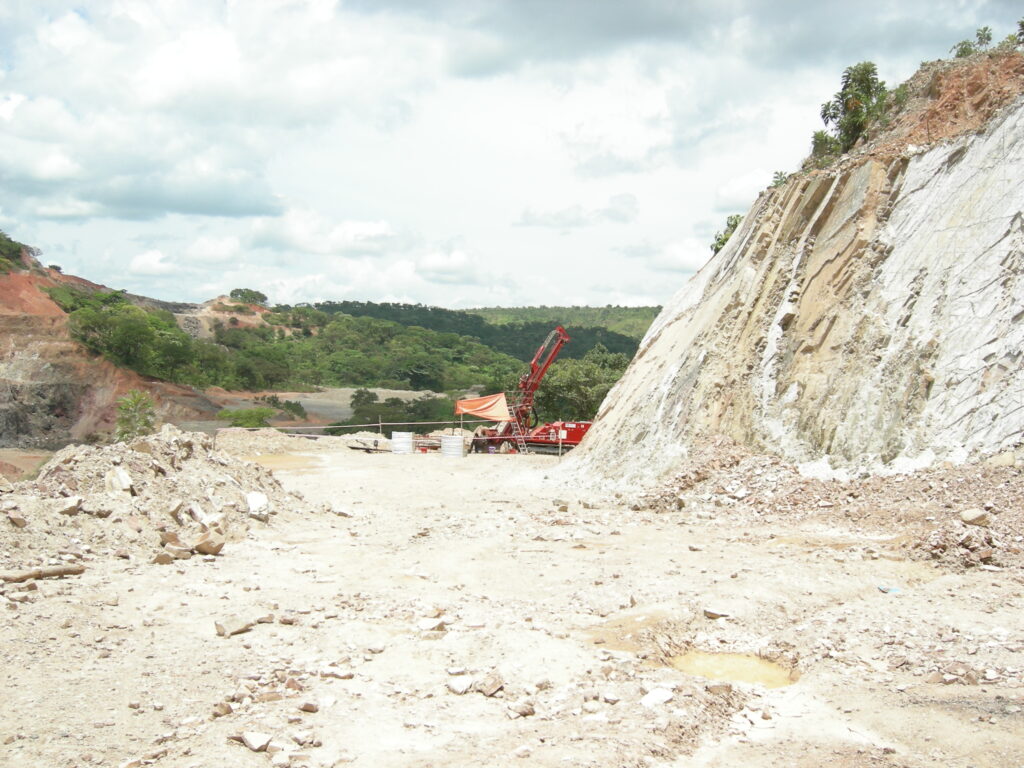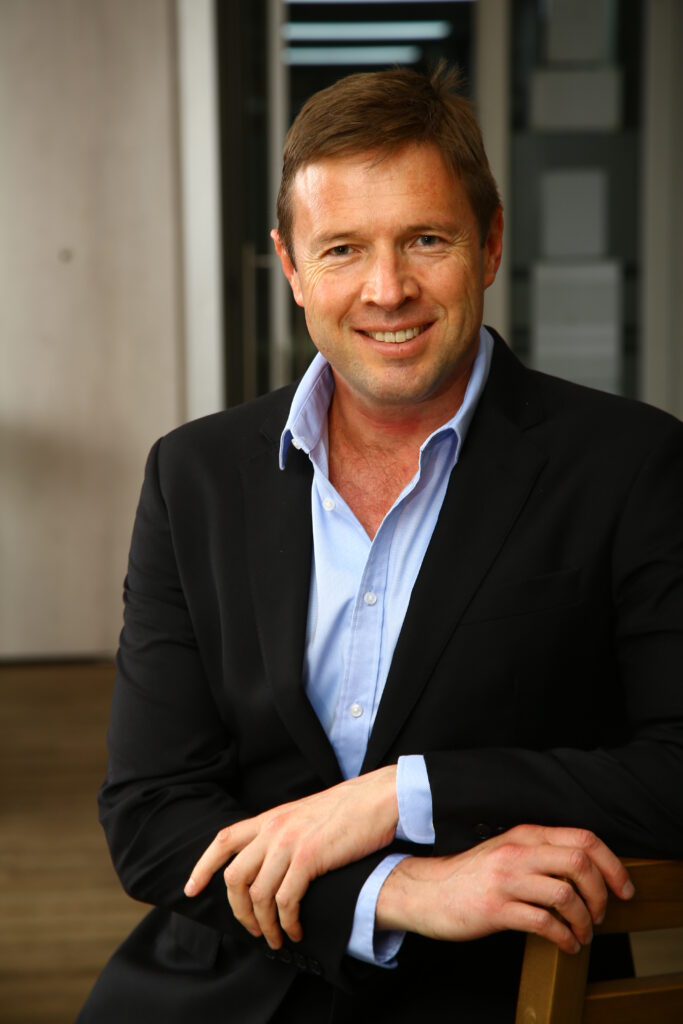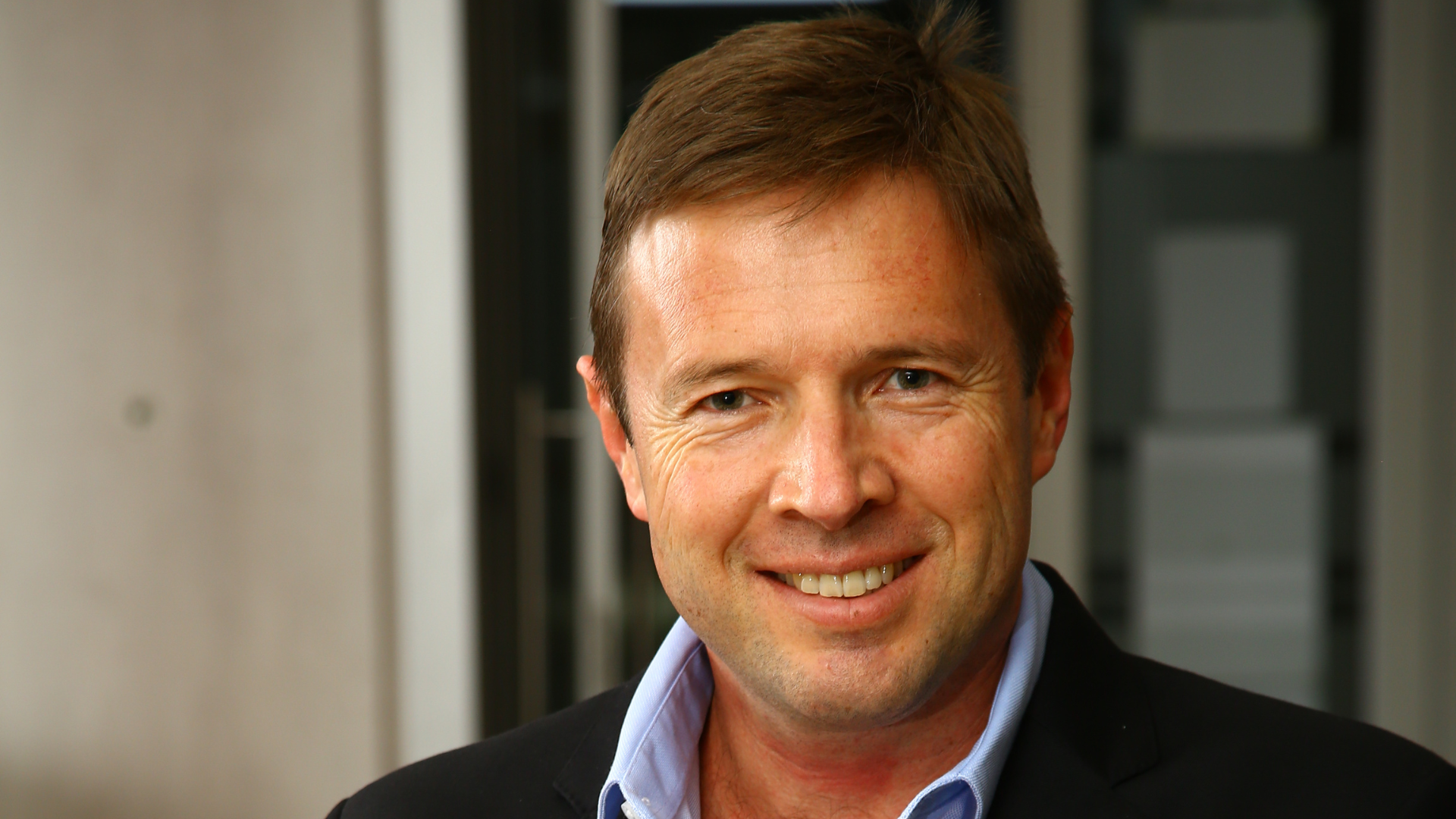Considering the theme of the Investing in African Mining Indaba 2024 – Embracing the power of positive disruption: A bold new future for African mining – the term ‘disruption’ has come to describe a raft of rapid technological and other advancements that have significantly changed the way we do business today.
“Perhaps not many mining commentators would suggest that the traditional mining sector would embrace disruption, but there have indeed been various forms of disruption in the industry – several of them positive,” said Andrew van Zyl, Managing Director, SRK Consulting (South Africa). Van Zyl pointed out that disruption is invariably associated with risk, and most stakeholders in mining spend a good portion of their days working to avoid or mitigate such risk.
“This is as it should be,” he said. “As engineers and scientists providing technical solutions to the sector, we must be as skilled in developing innovative answers as we are in helping clients apply them practically and responsibly.” SRK Consulting will be celebrating its 50th year in business as it attends and exhibits at the Indaba in Cape Town, and there is much to be discussed at the forum that resonates with the company’s history and vision.
Recognising context
He highlighted that a fundamental aspect of mining’s evolution in recent decades has been the growing recognition of its context – within the natural environment, within the host communities where it operates, and within society in general. “These themes have been well ventilated in previous years of the Indaba and deserve ongoing attention,” he said. “Indeed, the global effort to slow the pace of climate change is affecting not just the way we mine, but what we mine.”
Leading mining companies have committed to reduce carbon emissions as part of their role as good corporate citizens, he continued. This has led to initiatives to decarbonise mine sites, and to meet ambitious sustainability targets; the testing of a hydrogen-powered mining truck in South Africa typifies the commitment of industry to innovate and test possible solutions.
“Forging a lower carbon future has also meant a renewed focus on renewable energy, and the explosion in battery technology to store this energy has sent ripples into commodity markets and mining itself,” said Van Zyl. “The search for minerals critical to the manufacture of batteries has affected commodity prices, exploration programmes and production plans. As battery technologies compete for acceptance, the market value of the minerals required has become unusually volatile. This in turn has complicated the task of project valuation and planning.”
Responsible sourcing
For Africa, the search for battery minerals is generally good news. The continent is a well-established producer of some of the key minerals required by the energy transition – such as copper and cobalt. There are also signs that many other battery minerals are to be found here in economic quantities, such as lithium. There is another important factor to consider in the battery mineral ‘revolution’, however, and that is the growing attention to responsible sourcing.
“Among the world’s consumers of battery minerals, there is a concern that such commodities be extracted and processed responsibly, and that their provenance be carefully tracked to prove this,” he said. “In Africa, like elsewhere, this puts an onus on the producers, and also on governments and other stakeholders. They must all ensure that conducive conditions are created to allow such an ethical supply chain to be established and maintained.” He explained, however, that this is not a one-way street. As part of SRK’s commitment to mining in Africa, it is working with an important European initiative, RE-SOURCE, to find ways to avoid unintended consequences of such responsible sourcing policies. If not carefully considered, these efforts could inadvertently disadvantage those constituencies – in Africa and beyond – who they were meant to assist.
SRK reflections
“Reflecting on SRK’s contribution over the five decades, we are proud of many aspects of our technical and strategic input; among these have been those related to ESG,” he said. “While this focus was once limited to mining’s local environmental impacts, it now extends into the global issues related to climate change, and to social issues from artisanal mining and human rights, to localised supply chains and responsible sourcing.”
As consulting engineers, SRK has walked this journey with its clients for half a century. Much has changed since Oskar Steffen, Andy Robertson and Hendrik Kirsten established their practice in Johannesburg in 1974, offering services in soil and rock mechanics and tailings disposal. Today, SRK’s clients’ requirements have broadened substantially beyond the narrow technical demands of mining operations. The demands of ethical exploration and responsible extraction mean ongoing and systematic engagement with a wide range of stakeholders, for instance – which remains a challenging task.
“At SRK, our development has mirrored the evolving demands of the industry – and our success has been built on foresight into how to prepare for such demands,” he said. “In 1995, for instance, we employed our first social and developmental specialist – a move that was championed by SRK’s founders, who could see how important this facet was becoming. It is now almost 30 years later, and the industry has come a long way in terms of ESG practice, but we still have much to learn.”
Managing future risks
Van Zyl’s view is that mining, as a pioneer industry in Africa, has shown that it has much to offer as a catalyst for economic growth. Ensuring that the benefits of mining are optimised in host countries and local communities is another vital theme at successive Indabas, and has increasingly occupied our minds at SRK. “While we work with clients on stakeholder engagement and related issues, we also put Africa’s priorities into practice,” he said. “Our offices around Africa – including Ghana and the Democratic Republic of Congo – are staffed and owned by local professionals, and we invest substantially in knowledge sharing across our global network to promote professional development.”
He said that this year’s Indaba comes at a time when commodity prices have tempered and mining costs are rising, while expectations among host countries and communities are high. The sector’s trajectory into the future, he emphasised, needs to manage the risks of today while embracing positive disruption and continuing to build sustainable responses to the demands and obligations of tomorrow.




